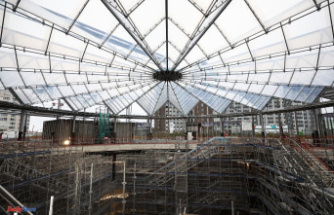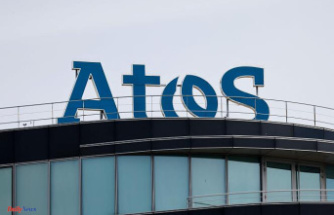Above all, the high cost of energy, but also of food, has caused inflation to climb to its highest level in about 70 years. Consumers must also be prepared for the fact that prices will continue to rise for months to come.
Fueled by energy and food prices, inflation soared to 10.0 percent in September, a new high. The Federal Statistical Office thus confirmed the first estimates from the end of September. In August, inflation was still 7.9 percent year-on-year, compared to the previous month, prices rose by 1.9 percent in September.
Inflation was exacerbated by the discontinuation of relief measures, the tank discount and the nine-euro ticket. This support was there from June to the end of August. It had had a dampening effect on inflation. The price increase in transport was therefore again 14.0 percent in September compared to the same month last year. The price increase for fuel was 30.5 percent.
However, the main factor continued to be energy prices - energy products alone were 43.9 percent more expensive in September compared to the previous year. Household energy rose particularly sharply by 51.8 percent, as the authority emphasized. The prices for light heating oil doubled (plus 108.4 percent), natural gas was 95.1 percent more expensive and electricity 21 percent.
Delivery problems and price increases in the upstream economic stages also made food significantly more expensive, with the most recent increase here being 18.7 percent. Edible fats and oils, dairy products, eggs, meat and bread became significantly more expensive. Excluding energy and food, September inflation would have been just 4.6 percent, less than half the headline rate.
The Institute for Macroeconomics and Business Cycle Research (IMK) predicted a further increase in inflation. "The inflation rate should initially continue to rise in the coming months," said IMK boss Sebastian Dullien. Further price increases for natural gas are likely to be important, with the continued high wholesale prices being increasingly passed on to private households by the suppliers at the turn of the year.
A leveling off is only to be expected in the spring, when the gas price brake for households comes into force from March or April, as proposed by the Gas Commission. "The gas price brake should then noticeably lower the inflation rate." In the old federal states, rates of 10 percent and more were measured in the early 1950s, but the calculation method has changed over time.












